Publications
Articles, publications, books, tools and multimedia features from the U.S. Institute of Peace provide the latest news, analysis, research findings, practitioner guides and reports, all related to the conflict zones and issues that are at the center of the Institute’s work to prevent and reduce violent conflict.
Question And Answer
Amid a Changing Global Order, NATO Looks East
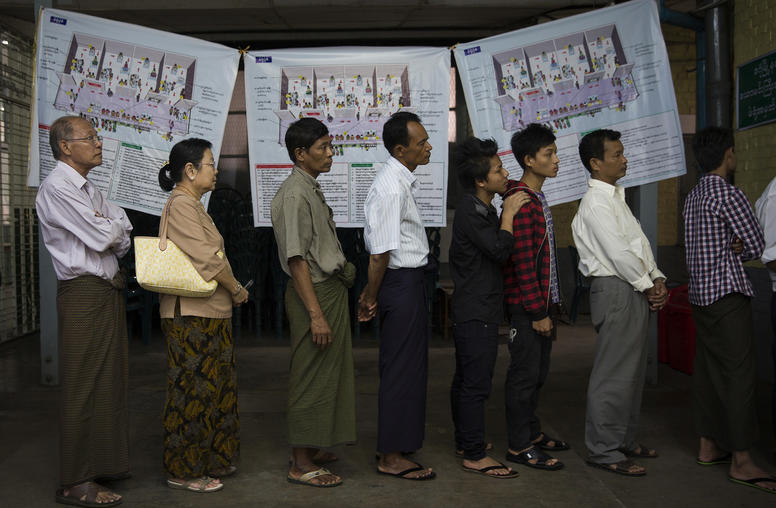
Burma’s Big Test: Preventing Election Violence in 2020
The people of Burma will head to the polls in late 2020 to elect more than 1,100 representatives to national, state, and regional legislative bodies. During a recent field assessment, the U.S. Institute of Peace confirmed that the risk of election-related violence is surprisingly low considering the ongoing conflicts and multitude of grievances. However, hate speech, disinformation, and intense competition between parties could create violent incidents, particularly during the campaign period. Early efforts to promote peaceful elections need to start now as the window for effective prevention will soon be closed.
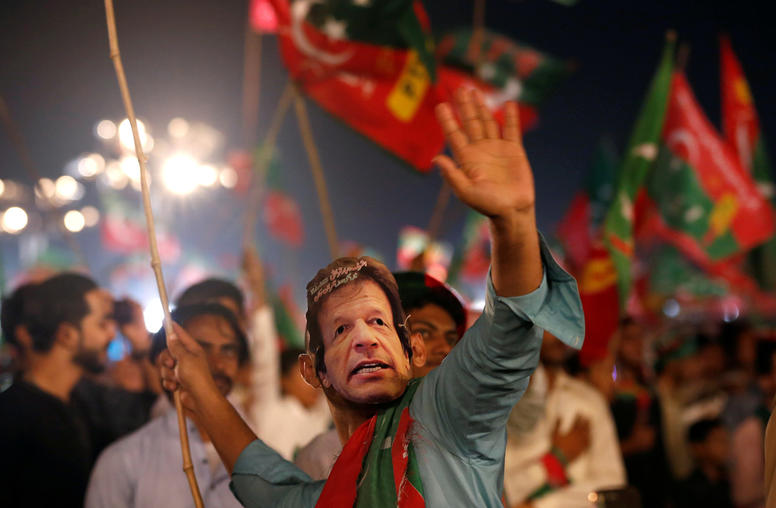
Exposure to Violence and Voting in Karachi, Pakistan
Pakistan’s 2018 elections marked just the second time in history that power transferred peacefully from one civilian government to another after a full term in office. Although the initial months of campaigning were relatively free of violence, the two weeks before polling were dangerous for campaigners and voters alike, and the elections provided a platform for some parties to incite violence, particularly against Pakistan’s minority sects. This report provides a deep examination of how exposure to political violence in Pakistan’s largest city affects political behavior, including willingness to vote and faith in the democratic process.

Amb. Bill Taylor on Ukraine’s Presidential Elections
Following his election observation, Taylor discusses Volodymyr Zelenskiy’s victory and how he can build support at home and abroad. “The president-elect is already getting a lot of support from the international community,” and if he implements the pro-Western policies he advocated during the campaign the U.S. will continue to strengthen bilateral ties, says Taylor.
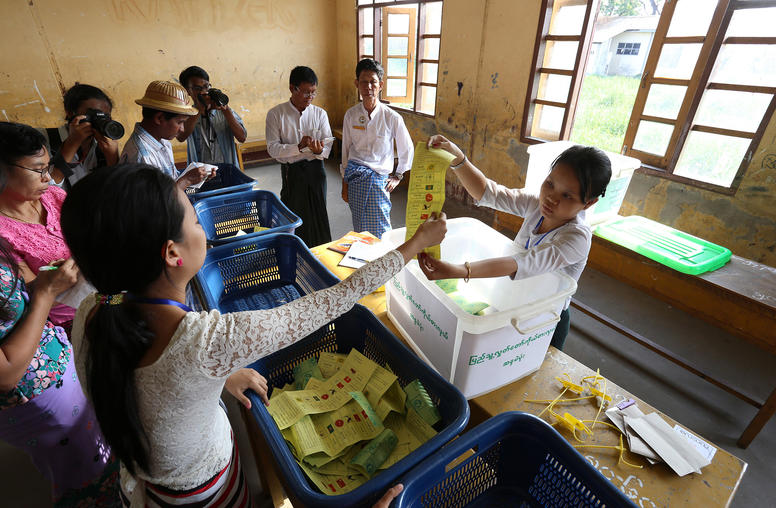
Myanmar’s 2020 Elections and Conflict Dynamics
In late 2020, Myanmar will hold a general election for more than a thousand seats in Union, state, and regional legislative bodies. The next year and a half will also see two high-level, conflict-laden processes capture domestic and international attention—the 21st Century Panglong peace conference and possible attempts to repatriate Rohingya refugees. This report evaluates the environment in which the peace process, Rohingya repatriation, and the election intersect and identifies opportunities for mitigating conflict in the run-up to the election.
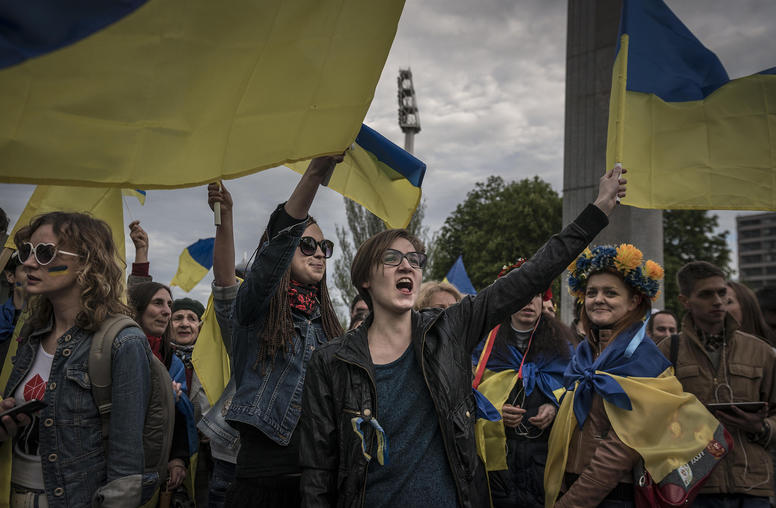
What’s at Stake in Ukraine’s Presidential Polls?
Over 35 million Ukrainians are eligible to choose their next president on March 31. However, several million voters in Russia-annexed Crimea and rebel-held parts of east Ukraine will not be able to vote, demonstrating how the conflict with Moscow looms large over these elections.
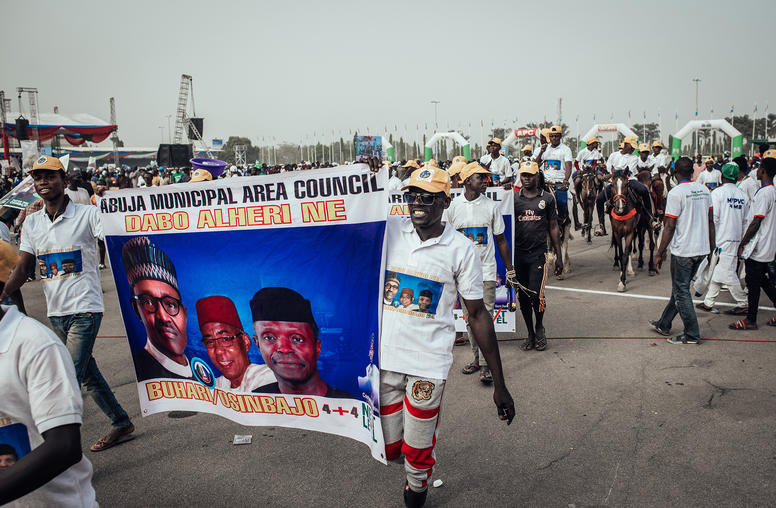
Nigerians Head to the Polls Again for State Elections
On March 9, Nigerians return to the polls to elect governors and state legislators. The balloting follows the presidential elections held February 23, which saw the incumbent president, Muhammadu Buhari, re-elected for another four-year term. USIP’s Chris Kwaja and Aly Verjee discuss how Buhari’s victory may impact the state elections, Nigerians’ seeming disenchantment with voting, and how to avert potential violence.
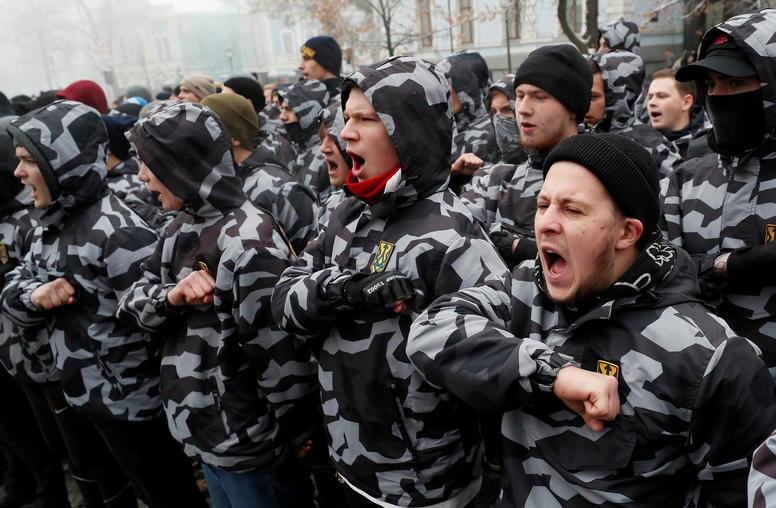
Preventing Violence During Ukraine’s 2019 Elections
Ukraine’s 2019 presidential and parliamentary elections will take place against a tense backdrop of Russian aggression, ongoing conflict in the Donbas region, and a momentous split in the Ukrainian and Russian Orthodox churches. This Special Report, based on an assessment conducted by USIP in late 2018, identifies...
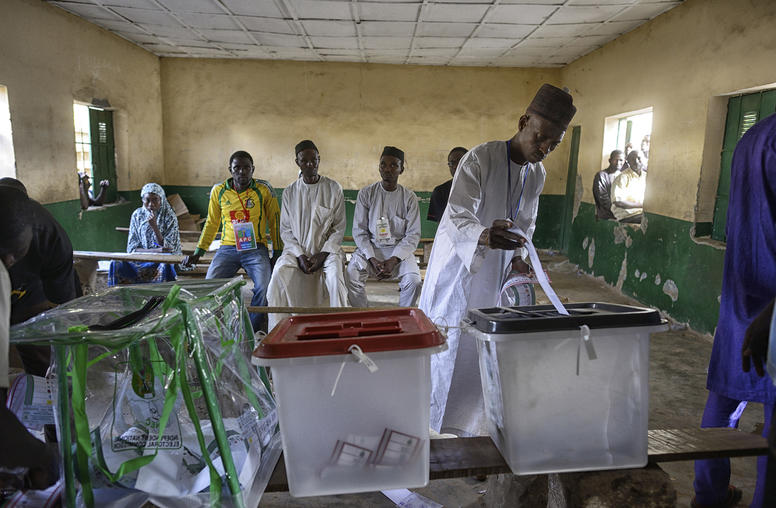
What’s at Stake in Nigeria’s 2019 Elections?
On Saturday, over 84 million eligible Nigerian voters are set to go to the polls to elect their next president and members of the National Assembly, with state-level elections to be held on March 2. Among the 73 presidential candidates, incumbent Muhammadu Buhari and former Vice President Atiku Abubakar are the top two contenders. As Africa’s most populous country with its biggest economy and democracy, Nigeria is a bellwether for the continent and these elections will be widely watched by the region and international community. USIP’s Oge Onubogu, Chris Kwaja and Aly Verjee look at why these elections matter, security challenges surrounding the polls, and how the U.S. can support Nigeria beyond the elections.
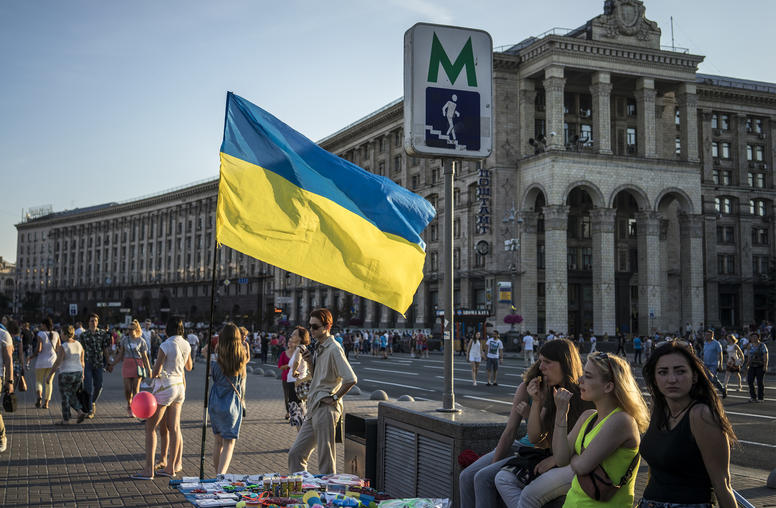
Ukraine’s Elections Could Turn Violent—This is How to Prevent It
Ukraine is facing a busy election season in 2019, with presidential elections on March 31 and parliamentary elections scheduled for October, amid a challenging security context. Many Ukrainians expect turbulent and “dirty” elections with increased tension during the campaign periods, and between Election Day and the likely presidential run-off.
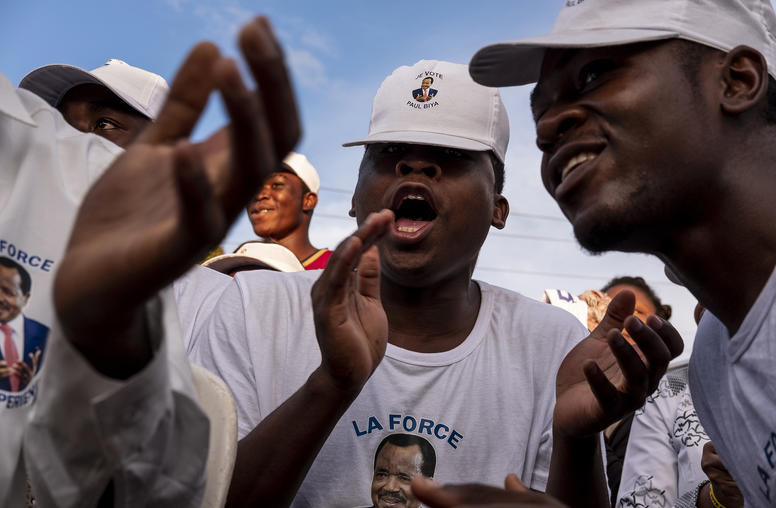
After Election, Cameroon’s Governance Crisis Continues
Eighty-five-year-old Paul Biya, president of Cameroon since 1982, was sworn in for his seventh term in office on November 6, after complaints arising from multiple allegations of electoral irregularities in polls held a month earlier were dismissed by Cameroon’s constitutional court. An intercommunal crisis in Cameroon has seen violence increase substantially since 2017, and the conduct of these elections—which saw a partial boycott—has added to grievances. In this analysis of the official election results, USIP’s Aly Verjee and Jude Mutah examine the data, and discuss the prospects for Cameroon after the election.